Rebar
ribbed steel bar, as a core foundation material in the field of construction, has become a reliable guarantee for various engineering constructions due to its excellent performance and wide applicability.
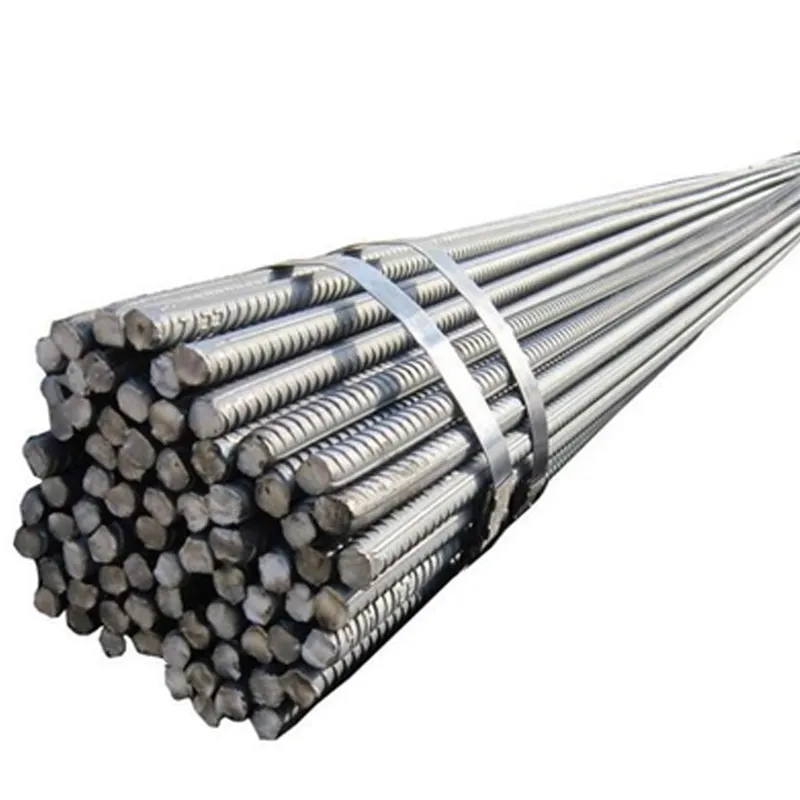
ribbed steel bar, as a core foundation material in the field of construction, has become a reliable guarantee for various engineering constructions due to its excellent performance and wide applicability.
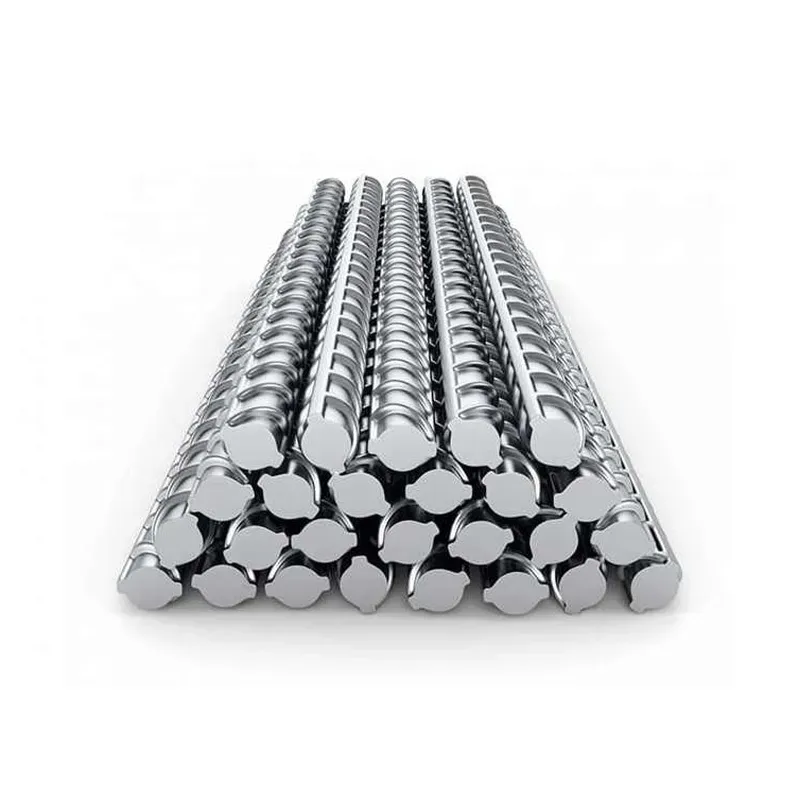
Features of ribbed steel bars: Firm connection: The ribs of ribbed steel bars can strengthen the adhesion between the steel bars and concrete, improve the connection force, have higher tensile properties, and are conducive to the safety and reliability of engineering structures. Strong earthquake resistance: Ribbed steel bars have better earthquake resistance, which can ensure that the project still has good bearing capacity when a strong earthquake occurs. Wide range of application: Ribbed steel bars are widely used in various concrete structures such as buildings, bridges, roads, tunnels, water conservancy projects, etc., and have good adaptability.
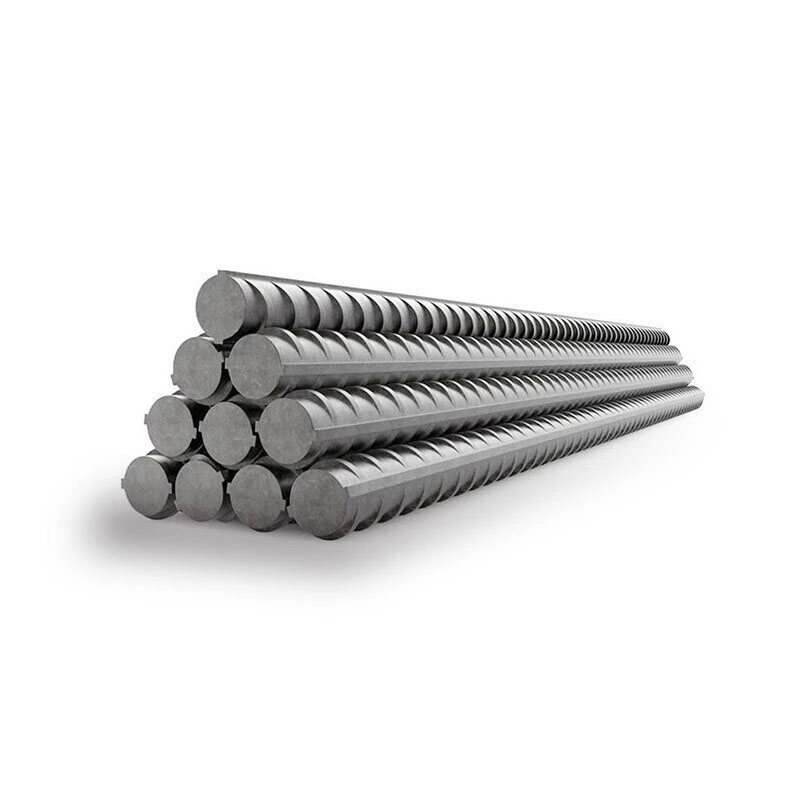
Reinforcing bars: the ability of metal materials to resist impact loads without being damaged. Hardness: the ability of the surface of a metal material to resist being pressed into by an object that is harder than it. Plasticity: the ability of a metal material to produce permanent deformation without being damaged under load. Strength: the ability of a metal material to resist permanent deformation or fracture under static load. Brittleness: Brittleness refers to a property of a material that does not undergo plastic deformation before being damaged.
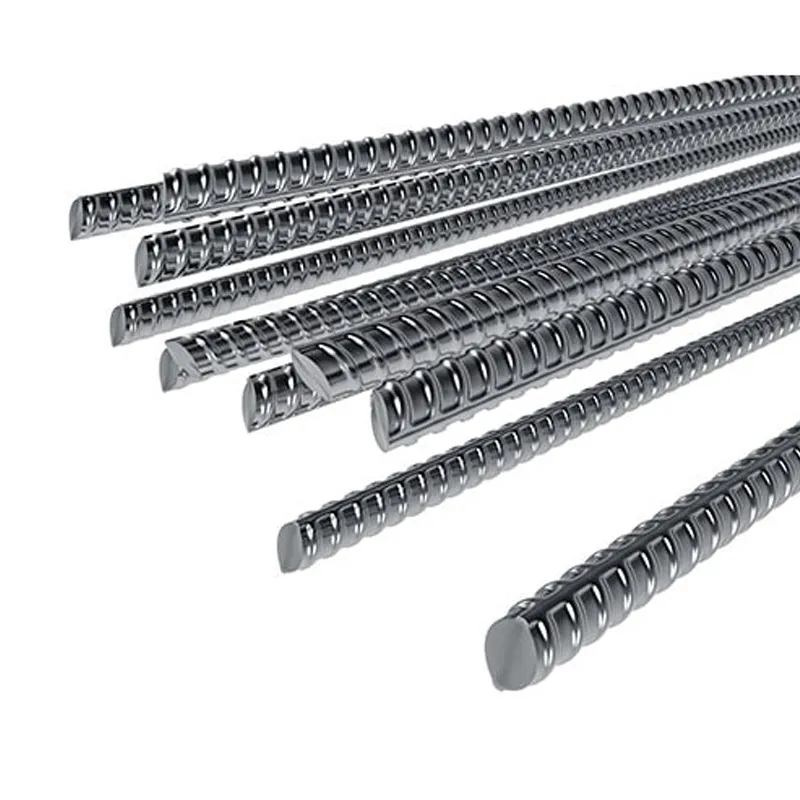
Deformed bars, also known as rebar, are steel bars with surface deformations like ribs or indentations, designed to enhance their bond with concrete in reinforced concrete structures. These deformations improve the grip and friction between the steel and concrete, preventing slippage and increasing the overall strength and durability of the structure.
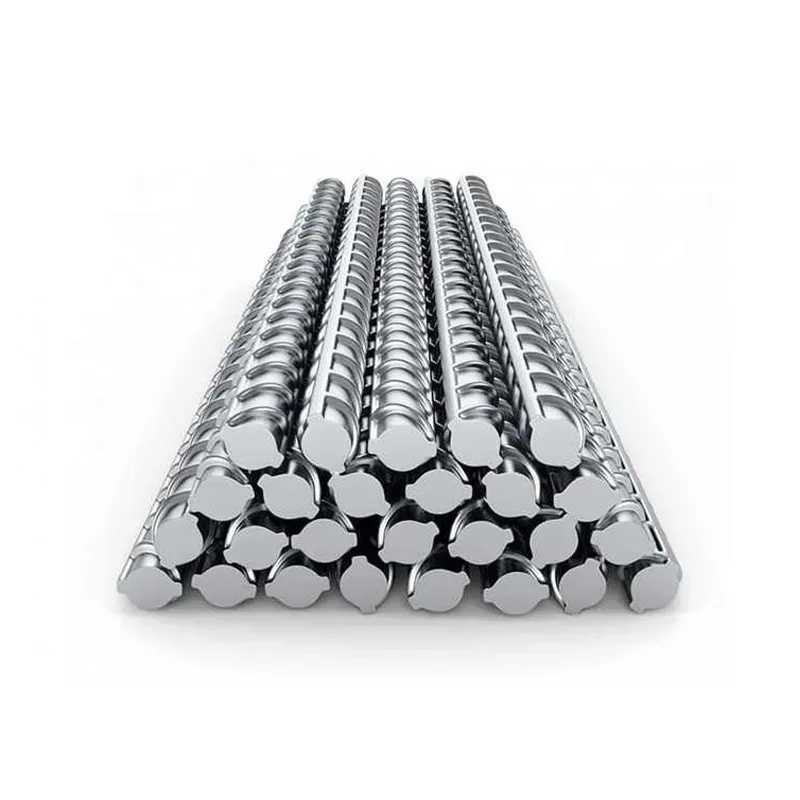
The standard value of yield strength of HRB400 is 400MPa, the standard value of yield strength of HRB500 is 500MPa, and the standard value of yield strength of HRB600 is 600MPa. Application areas: HRB400 is suitable for general industrial and civil buildings; HRB500 is suitable for large buildings such as high-rise and large spans; HRB600 is suitable for particularly important structures or structures with special performance requirements
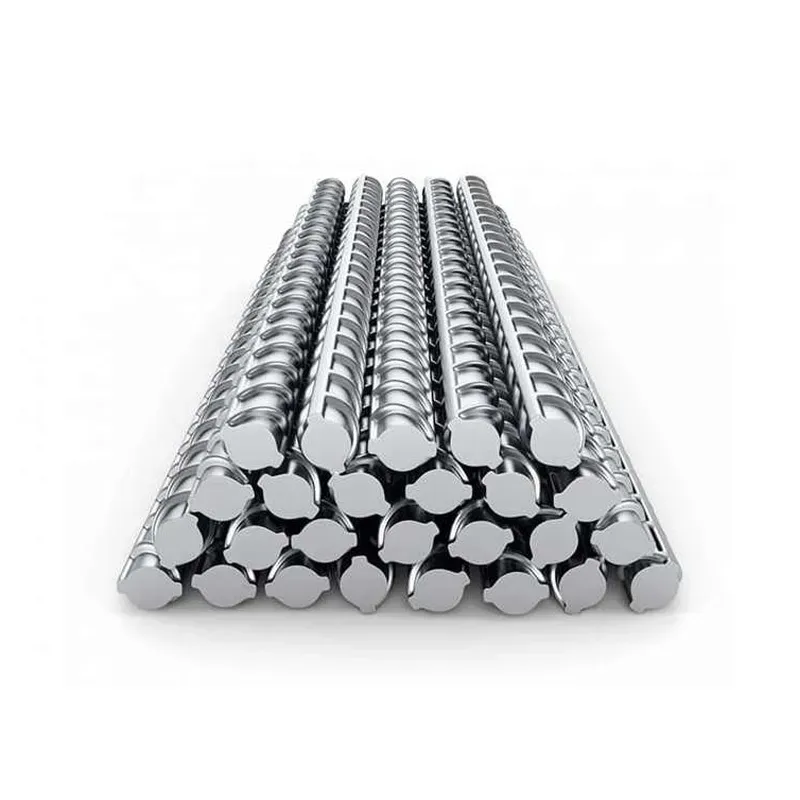
SS400: Its lower limit tensile strength is 400MPa, which is suitable for a variety of architectural and engineering structures. This material shows good tensile strength and plastic deformation ability during stretching. SS490: It has higher tensile strength and is suitable for structures that require higher strength and durability. SS540: It has higher tensile strength and is suitable for projects with extremely high strength requirements.